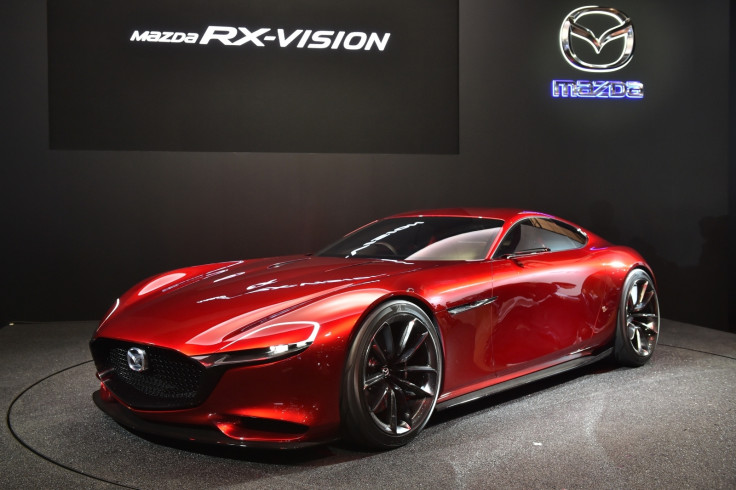Petrol isn't dead yet as Mazda makes major engine efficiency breakthrough
Japanese car maker claims a 30% gain in fuel efficiency.

Just as the motoring industry begins in earnest its transition from internal combustion to hybrid and electric power, Mazda believes there is life in the petrol engine yet.
The Japanese car maker has announced its development of a new type of petrol engine which is claimed to be up to 30% more fuel efficient than the power plants currently fitted to the company's cars. Mazda says the new engine will feature in vehicles sold from 2019 onwards.
Called SkyActiv X, the new engines employ a technology used by diesel engines, but for the first time make it work with petrol engines too. Called compression ignition, the engines ignite fuel using compression by the pistons alone, instead of a spark plug igniting the engine's supply of fuel and air.
The breakthrough puts Mazda ahead of deep-pocketed rivals like General Motors and Daimler, owner of Mercedes-Benz, who have been working on compression ignition petrol engines for decades without success.
Mazda is the first to make the technology commercially viable, and will incorporate it in vehicles produced in 2019. The company says it has no plans to sell the technology or engines to other car manufacturers.
'Electric is necessary, but petrol should come first'
Kiyoshi Fujiwara, head of research and development at Mazda, said: "We think it is an imperative and fundamental job for us to pursue the ideal internal combustion engine. Electrification is necessary but... the internal combustion engine should come first."
Despite this, the company said it has also set 2019 as a target for bringing electrification to some of its vehicles. The sale of these vehicles will be focused on countries planning to ban the sale of new petrol and diesel cars, such as the Netherlands by 2025, Germany (2030) and France and the UK (2040). Mazda added that at least some elements of autonomous driving will be standard on all of its vehicles by 2025.
Mazda says the 20-30% increase in efficiency puts the compression ignition engines on par with their diesel counterparts, while not emitting harmful emissions like nitrogen oxide.
Despite not requiring spark plugs all of the time, the new engines are still fitted with them to perform properly in more challenging conditions, like during cold weather.
© Copyright IBTimes 2025. All rights reserved.






















